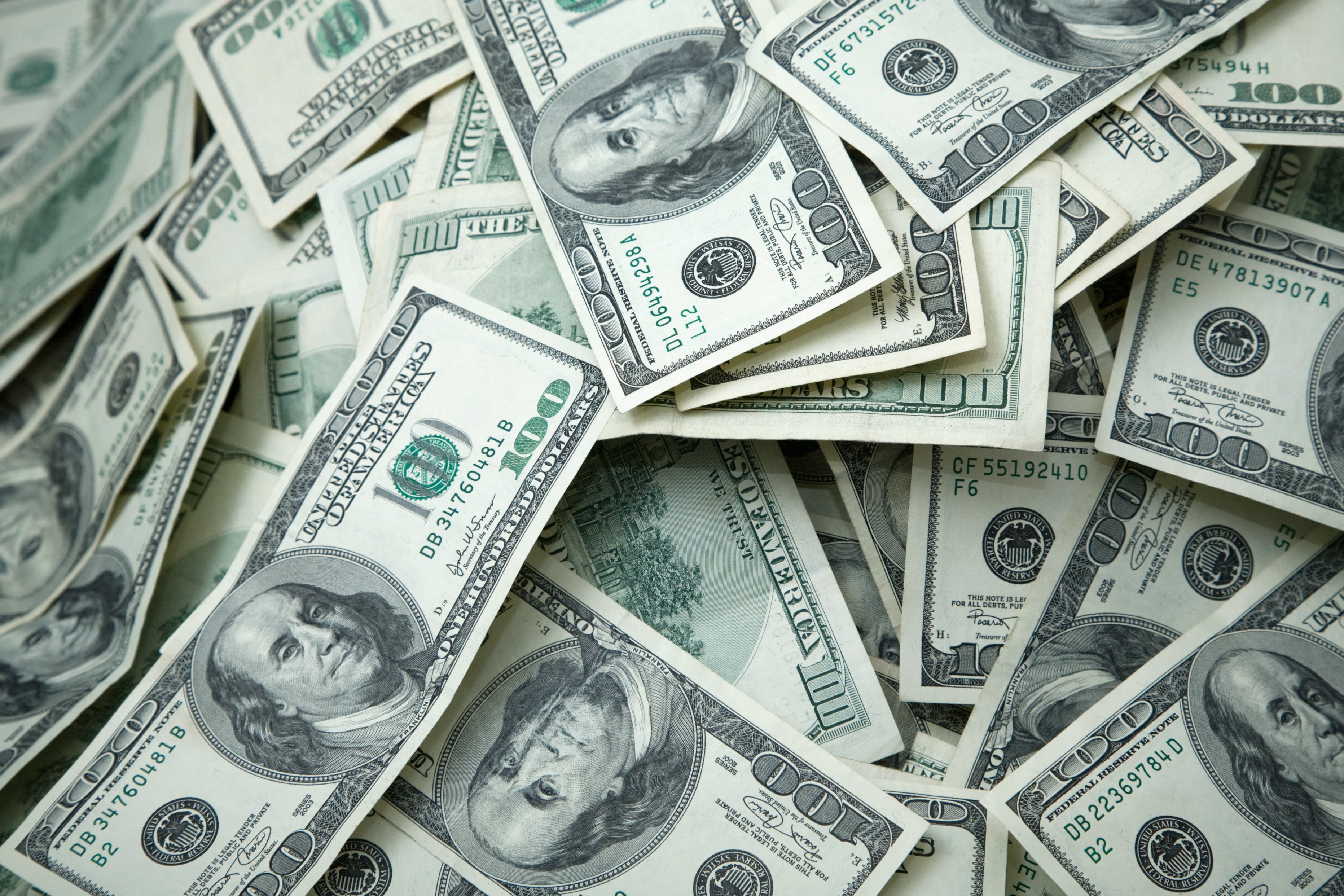When Samsung (NASDAQOTH: SSNLF) unveiled its upcoming flagship last month, the Galaxy S5, it proved to be an an immense disappointment -- widespread reports had suggested that the phone would feature a number of major improvements, including, among other things, an ultra-high definition screen and a metal casing, putting it (at least hardware-wise) on par with, or making it better than, Apple's (AAPL 1.00%) iPhone.
But as it turns out, none of that was true.
Yet, according to a new report, those rumors might not have been so misguided after all. Samsung is allegedly planning to roll out a second Galaxy S5, a premium edition that could debut later this spring.
A premium Galaxy
Prior the Galaxy S5's unveiling, the Samsung rumor mill had been particularly active, claiming that the phone would ship with all sorts of high-end features, ones that would counteract many of the criticisms commonly leveled against Samsung's phones.
It was somewhat strange, then, that virtually none of those reports proved true -- like its predecessor, the Galaxy S5 is made of plastic, and it bears the same screen resolution as Samsung's prior model. It could just be a case of unfounded rumors gaining steam, but unlike Apple -- a company dedicated to secrecy -- Samsung goes to no great lengths to hide what it's working on.
In recent months, the Samsung rumor mill has been almost universally spot on, correctly leaking many of the company's forthcoming products, including the Galaxy Pro tablet and the original Galaxy Gear, as well as its sequel the Gear 2.
It's possible that those rumors concerning the Galaxy S5's features were simply describing the wrong phone. According to Korea's ET News (via BGR), Samsung is working on a premium version of its Galaxy S5 handset, one that would set itself apart with better hardware. That would fit in line with Samsung's long-standing strategy: The company offers a multitude of overlapping products, aiming to offer a mobile device for every niche.
While Apple only offers one new full-size iPad per year, Samsung offers several 10.1-inch tablets, from the budget Tab, to the stylus-equipped Note, to the enterprise-aimed Note Pro. The same is true for smartphones and increasingly wearables.
It would also fit in with reports suggesting that Samsung could offer the Galaxy S5 at a reduced price -- if the S5 is going to be get a premium edition, it would make sense for Samsung to offer the plastic S5 at a reduced rate.
Samsung continues to move faster than Apple
For a few years now, Samsung has been moving faster than Apple in terms of introducing new products. With the introduction of the first Galaxy Note in 2011, Samsung began selling two new flagship phones per year compared to Apple's one. With a premium edition of the S5, that number could be bumped to three.
Apple's customers are notoriously loyal, but if Samsung is going to capture any of them, faster production iterations should help. Samsung's first smartwatch, the original Galaxy Gear, was universally panned and allegedly sold poorly. But less than six months later, Samsung is out with a second Gear, offering an improved device that fixes many of the first watch's faults -- imagine what it will do in another six months, and another six months after that.
Apple doesn't always get it right the first time
Meanwhile, Apple's first wearable is nowhere to be found. Apple supporters will argue that the company takes its time, offering a quality product on the first go-round that doesn't need many improvements. Time's Tim Bajarin, for example, summarized this argument last year:
There's another big reason Apple has not introduced a smartwatch yet. If you follow Apple's history closely, you know that Apple does not actually create new categories of devices. Rather, the company monitors markets...and...then...Apple enter[s] the market with an eye on redefining the products for that particular category of devices...Apple [will] enter the smartwatch market and, if history is our guide, reinvent the smartwatch category.
Yet, this couldn't be further from the truth. The iPod was originally released in 2001, but didn't really catch on until 2004, after it received Windows-compatibility and a lesser price-tag. It wasn't until the second generation that Apple's iPhone received its most important feature, the app store. The first-generation iPad had an app store from day one, but didn't have a camera or a 7.9-inch screen.
Samsung's biggest advantage
Apple is widely expected to release a full-featured Apple TV in the near future, and if it does, it will likely draw from what it learned with its prior Apple TV set-top boxes. Its move into wearables will likewise similarly benefit from successive iterations.
While a metal-bodied Galaxy S5 might be able to win Samsung a few Apple converts, what is arguable more important is what the device symbolizes: Samsung's continued ability to move faster than Apple.
As both companies increasingly look to new product categories for growth, that could give the Korean tech giant the edge.






